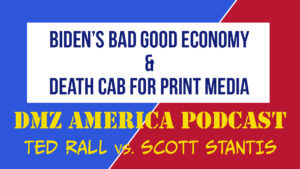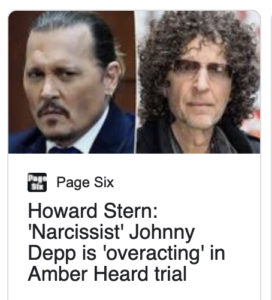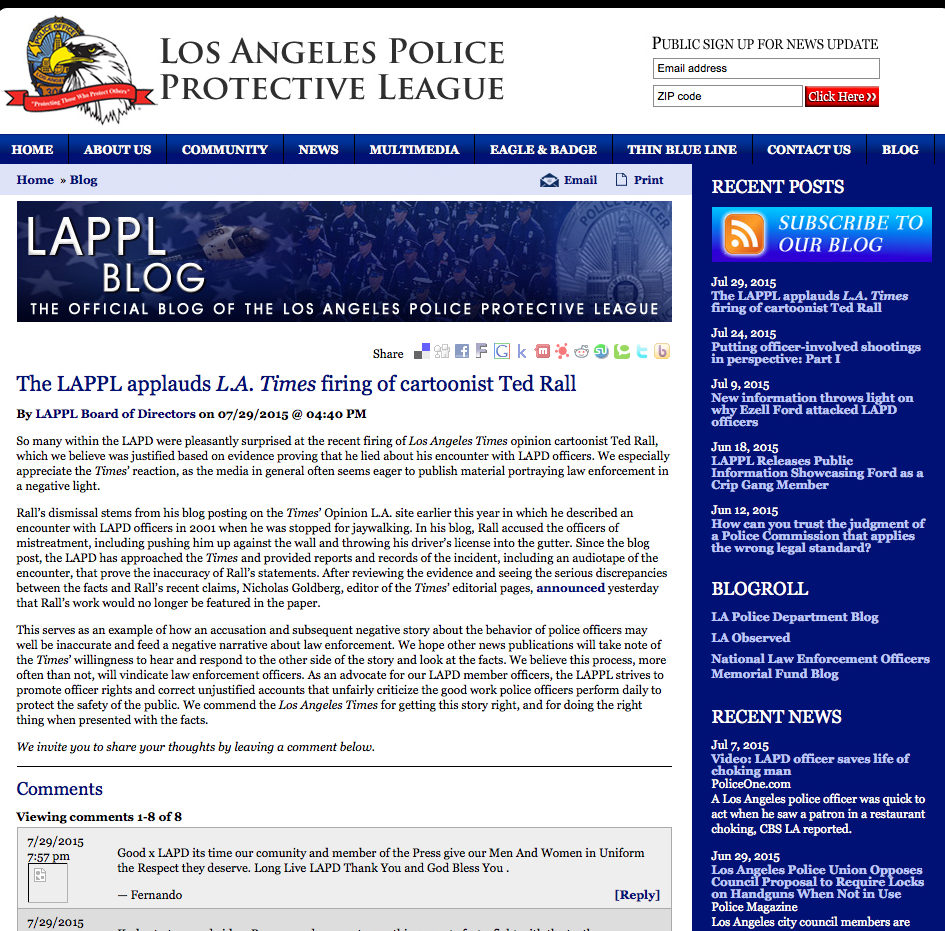LIVE 10 AM Eastern time, Streaming Anytime:
Things get personal on today’s “The TMI Show” with hosts Ted Rall and Manila Chan, diving into what looks like the beginning of the final death rattle at the Los Angeles Times—the paper Ted sued all the way to the Supreme Court for five years!
Billionaire owner Patrick Soon-Shiong, a biotech billionaire being sued for sleazy machinations that killed breast cancer victims, paid half a billion for the Times back in 2018, promising he’d run and fund the paper as a public trust for 100 years or more. The paper’s union, suckered by Pat’s promises, cooperated with him as he moved the paper to the suburbs, put his young daughter in charge and bizarrely tried to turn it into a TV cooking channel.
Now he’s dropped a bombshell on “The Daily Show,” announcing that he plans to take the 143-year-old paper public within a year, oddly inspired by the Green Bay Packers’ fan-ownership model. He says he wants to “democratize” the Times, letting readers own a piece of the action. But why now? Because no one wants to buy it.
The paper is hemorrhaging cash—losing $30-50 million annually—with over 20% of its newsroom slashed, including 115 layoffs this year. High-profile editor exits and controversies, like the censored Kamala Harris endorsement, have tanked newsroom morale and trust. Soon-Shiong even rolled out an AI “bias meter” to win back readers, but financial woes and editorial turmoil continue under his mercurial, uninformed rule.
Going public could pump in cash—or it could fail like the WeWork IPO. With debt, staff unrest, and digital hurdles looming, this looks less like a bold gambit than the dying gasp of a once-proud institution? Ted and Manila unpack this high-stakes pivot at the nation’s fourth-biggest daily paper and what it means for journalism’s future.
Plus:
- Etan Patz’s murder conviction overturned, facing retrial or release.
- Malcolm-Jamal Warner’s tragic drowning at the same beach that killed Ted’s friend in Costa Rica, at 54.
- Trump pulls U.S. out of UNESCO again, claiming that criticism of Israel’s genocide is anti-Semitic.
- New $250 U.S. “visa integrity fee” required for all US travelers. Will tourism tank?

 Two major newspapers owned by billionaires with business interests tied to the government, The Washington Post and The Los Angeles Times, prompted reader anger when they nullified their intention to endorse Kamala shortly before the election. More than 250,000 people canceled their Post subscriptions.
Two major newspapers owned by billionaires with business interests tied to the government, The Washington Post and The Los Angeles Times, prompted reader anger when they nullified their intention to endorse Kamala shortly before the election. More than 250,000 people canceled their Post subscriptions.



